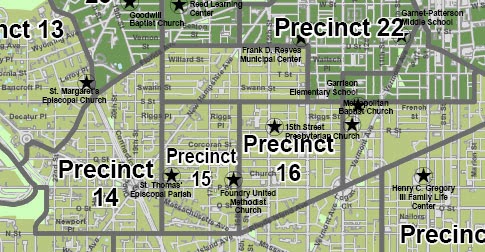So basically Hunter Thompson was a drug addict and alcoholic who was known for being the "King of Gonzo." The term gonzo is used in journalism to describe a "style that is written without claims of objectivity, often including the author as part of the story via a first person narrative" (Wikipedia). In gonzo journalism, the reporter describes his experiences and emotions, and can also make use of satire, humor, and profanity. It is definitely not one of the styles of conventional journalism, which really called my attention.
I've only read the first 60 pages of the book and I can see that Thompson has a very strong personality. There was something specifically that stayed with me at the beginning of the story and it's when he said: "in a caged society, a man's liberty is the meat of his master's power" (pg. 24). This was Thompson's reaction to when the FBI asked him to confess if he had been involved in an incident when he was a teenager. I think he means that even us, free people, are caged and suppressed because our liberty is controlled by our superiors. Even at this young age it is evident throughout the story that he had a rebellious personality and that he wasn't going to be afraid of what anyone thought.
Another interesting thing that I found was something that Thompson said: "Our early struggles teach us how to fight" (pg. 38). I connected with that phrase immediately because I know exactly what he means. Not so long ago, I have been having to deal with some issues that although they have given me a hard time, they've taught me how to be stronger and "grow" emotionally. I believe that those struggles can help you be tougher and, as Thompson said, fight.
Anyway, I am liking this graphic biography. Thompson's story sounds very interesting and up until know I have been enjoying the reading. I can't wait to finish it and then watch the documentary (Johnny Depp's in it, so even better).





